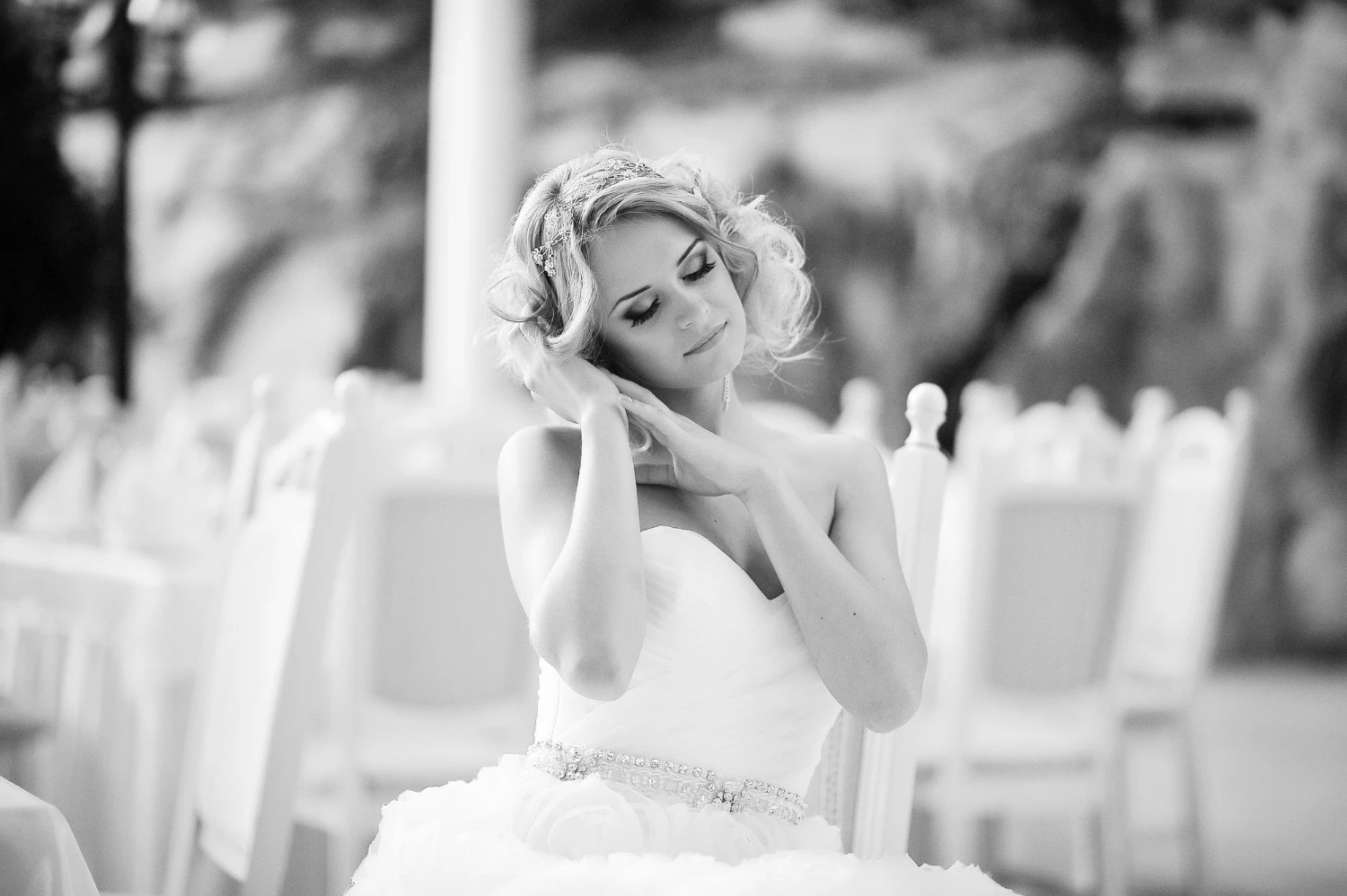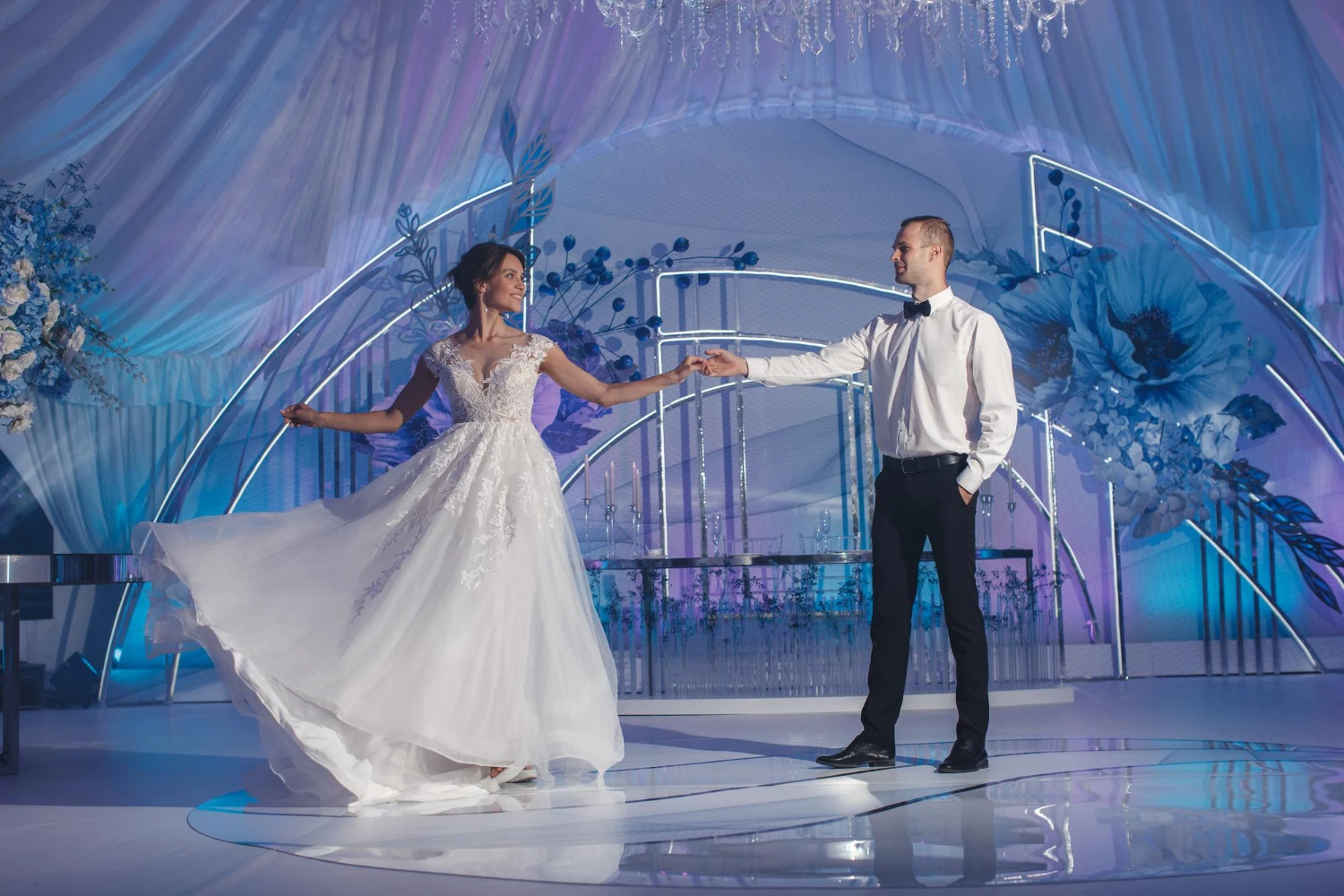The price you see for a wedding band in Boston, usually between $3,000 and $10,000 or more, is only part of the story. Many couples are surprised when that number changes as they start planning. It’s easy to focus on the starting price, but there are many details that can shift the final cost. Factors like the number of musicians, the date of your wedding, how long you want the band to play, and even the rules at your venue all play a part. A small five-piece group might be at the lower end, while larger bands with extra singers and a horn section can cost much more.
Your choices will influence the price at every step. Deciding on a longer performance, adding special requests to the setlist, or needing extra equipment will all make a difference. The first number you get is an estimate, not a final bill. Once you talk through the details with the bandleader, you’ll get a clearer idea of what you’ll actually pay. The total cost often changes as your plans take shape.
What’s Included in the Base Price

The base price for a wedding band performance usually covers the essentials. You get a main group of musicians – often four to seven people – who will play during your ceremony, cocktail hour, or reception. Most contracts include up to four hours of music. This works well for typical wedding timelines. Musicians will take short breaks during the night to stay fresh, so plan for some pauses between sets.
Standard fees also include a basic sound system that fits most event spaces, microphones for your speeches, and all the instruments the band needs. The crew handles both setup and cleanup, so you won’t be moving equipment in your formal wear. If you want something special, like a custom song or extra lighting, those usually come with extra charges. When comparing different bands, check how many musicians are included and if extras like travel costs or emcee duties are part of the initial price. Understanding these details helps you avoid surprises later on.
Common Extra Costs to Consider
The price you see listed for a band is usually just the beginning. Think of it like buying a ticket to a ball game, then realizing there are extra charges for parking, snacks, and maybe even a rain poncho. Many couples are surprised when unexpected costs start to appear on the final invoice. These extra fees can sneak up quickly.
In addition to the main payment that covers the musicians and their standard equipment, you might run into some of these common add-ons:
- Travel fees: If your venue is outside the typical area, you might see a charge between $100 and $500, depending on distance and the number of band members.
- Overtime: Hoping the music keeps going after the scheduled finish? Bands usually charge per half-hour, often $300 to $800 extra.
- Special equipment rentals: Need things like wireless microphones, extra speakers, or upgraded lighting? Expect to pay an additional $150 to $600.
- Meals for musicians: Most venues require you to provide food for the band. Plan for $25 to $50 per person.
- Early setup or late breakdown: If your schedule needs the band to arrive extra early or stay late, you could see a few hundred dollars added to your bill.
Most people don’t realize how quickly these extra charges can add up until they start planning. If you want a better sense of what you might spend on a wedding band from Boston, ask for a full breakdown of all possible fees before signing anything. Getting all the details in writing will help you avoid surprises later.
Real Cost Breakdowns from Local Weddings

Let’s look at some real numbers. Last spring, a couple hired a six-piece group for their Boston reception. The main fee was $7,200 for four hours. This included the musicians, sound equipment, and a basic emcee. Extra time cost $450 for one more hour. They paid $200 for a microphone setup during the ceremony. Parking came to $120, and meal stipends for the band added another $180. Their total bill reached $8,150.
Another wedding went bigger. This couple booked a nine-piece band with a starting price of $10,000. They added a horn section for $900 and upgraded lighting for $600. Since their venue was outside the city, there was a $150 travel fee. The band also played the cocktail hour for an extra $500. Meals for the musicians cost $270. In the end, their full total was $12,420. The party lasted all night and the dance floor stayed full.
These examples make it clear how costs can increase with added services, equipment, or travel. Always ask for a detailed contract and check for possible extras as described here. Planning ahead and asking the right questions will help you avoid surprises when the final bill arrives.
How to Avoid Last-Minute Surprises
Unexpected costs can take the shine off your celebration. Many couples find themselves facing extra charges after the music ends. To keep things simple, always ask for a clear contract and review every line. Don’t rely on package descriptions alone. The details in the paperwork matter most.
Go through each section of the contract and make sure you understand what is included, and what could cost extra. If something doesn’t make sense, ask for clarification. It’s better to get answers now than deal with surprises later.
Ask these questions before you sign anything:
- How many musicians are included, and will all of them be there?
- What are the exact start and end times?
- Are there overtime charges? How are they calculated?
- Who brings the sound equipment and microphones for speeches?
- Will there be travel or lodging fees?
- What food or meals are needed for the band?
- Is there a backup plan if someone can’t perform?
- Do you have liability insurance?
Covering these basics helps you avoid stress down the road. Good bands welcome questions and want you to feel confident about your choices. Make sure you know what’s included, and don’t be afraid to double-check any detail before you book.
Making the Most of Your Budget
Negotiating with Your Band
Talking about price can feel uncomfortable, but open communication makes a difference. Start by asking what is covered in the band’s fee. See if there are package options or if you can swap out extras you don’t need. For example, one couple decided to use a smaller trio for cocktail hour instead of the full group. This simple change lowered their cost, but they still enjoyed a lively full-band set during the party. Be clear about your priorities. Most band leaders are happy to work with you to find solutions.
Alternative Entertainment Options
You don’t have to hire a large band to have a memorable celebration. Many couples choose DJs for a more affordable option and a different atmosphere. Smaller groups, like duos or trios, are another way to save money and create a cozy vibe. DJs usually charge less, require less space, and offer a huge variety of music. Live musicians bring their own style and energy, but they tend to be more expensive. Think about what will get your guests dancing and still fit within your budget. The right choice is the one that feels best for your celebration.
